|
Getting your Trinity Audio player ready...
|
Reading Time 4 mins
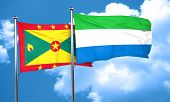
(part 2 of 2)
Caldwell Taylor
Home is the place where , when you have to go there, they have to take you in.
-Robert Frost
Our drum is the shortest route to Africa, and the Big Drum ritual signifies the unity of
Carriacou’s nine African nations. In order of precedence the nations are: Arada (Rada), Cromati, Igbo, Manding, Temne, Kongo, Chamba, Moko, Banda.
The Temne, Number Five in the Big Drum circle,will celebrate a historic reunion in Carriacou, September 27 to 30. The occasion promises to overcome the pain of centuries of separation.; this sacred re-meeting will grow our faith in our ancestors and also in our nation.
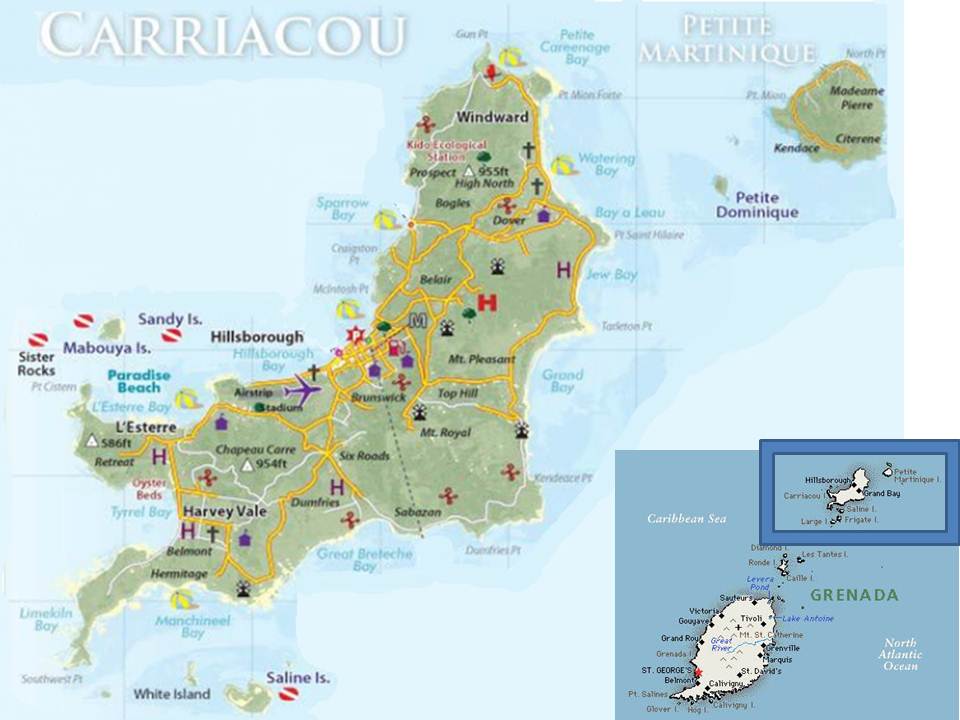
What is a Nation?
This is truly a macco question. It is so big it compelled the intellectual energies of Frenchman Ernest Renan . In his celebrated 1888 essay “What is a Nation?”, Renan writes: “The essence of a nation is that all individuals have many things in common, and also that they have forgotten many things”.
So the Nation is the site of a strategic loss of memory.
Renan’s important inquiry came fifteen years following France’s crushing defeat at the hands of the Prussian-Germans in the war of 1871 -1872. The Prussian victory hastened the birth of a German nation.
The story of nation-making begins in the seventeenth century; perhaps nation-making helped to incite the struggles that kindled the Thirty Years`War [1618-1648] which came to an end in the Treaty of Westphalia.
The Peace of Westphalia ushered in a rapid decline of the powers of the Church, opening the way for a secular congregation – the nation state.
In the name of the nation-state the New World was plundered. The nation-state inaugurated `Negro slavery’, and the Church gave generous assistance to the colonizing missions.
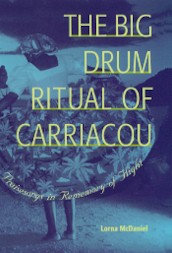
FRENCH DEFEAT AND THE COMMUNE
The French defeat at the hands of the Germans provided the conditions for the rise of the Paris Commune, a radical and revolutionary government that ruled Paris from 18 March to 28 May 1871.
“The Commune was the world’s first socialist working class uprising,” and it warmed Karl Marx’s revolution-seeking heart.
But the Commune did not go to Marx’s logical destination ; indeed Marx’s world -changing prophecy- international proletarian rule- remains unfulfilled. This failure has caused political theorist of nationalism Tom Nairn to write: “The theory of nationalism represents Marxism’s great historical failure”.
Nairn’s observation attains greater force in 1979 when two Marxist countries (China and Vietnam) went to war.
Nationhood is fortress of emotions
“What is a nation? “
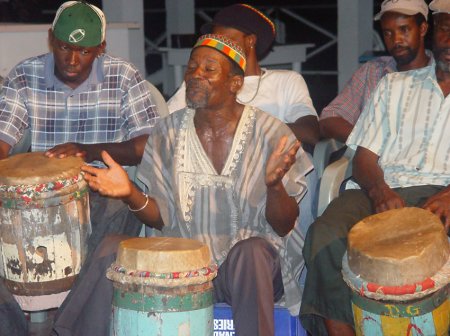
Winston Fleury, Carriacou’s Big Drum icon
“The nation exists before all, it is the origin of everything. Its will is always legal, it is the law itself”, wrote Abbe Sieyes, priest and French patriot.
Sieyes’ opinion seems a restatement of Spinoza’s views on the nation in the Tractatus. Arguably the leading thinker of the Enlightenment, Spinoza wrote: “There is no doubt that devotion to country is the highest form of piety a man can show; for once the State [he means nation – ct] is destroyed nothing good can survive”.
Hugh Seton Watson asserts that the Nation eludes definition, “yet the phenomenon has existed and exists.”
The Concept of Nation: Lorna McDaniel, The Big Drum Ritual of Carriacou,
Praisesongs in Rememory of Flight
“In written documents of the eighteenth century the evasive term nation appears frequently. The word essential to the ideal of the Big Drum, also appears in the oral literature and vernacular Carriacouns to this day. Operating within two systems, basically, a nation denotes not only a geographical region but a linguistic/ethic group as well.”
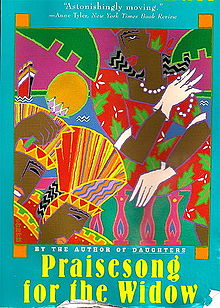
Benedict Anderson: “The nation “is an imagined political community – and imagined as both inherently limited and sovereign.”
And let us also remember that there once a time in Grenada when the word nation was often heard. But my great-grand mother and her partisans used the word to describe a family, or sometimes a village.
Example: “Dem Chantimelle people is a warrior nation”.
This concept of nation was almost always used to say something negative. This negativity will hinder our work of nation-making.
WHO ARE YOUR PEOPLE?
Below, the view of Carriaouan Lebert Joseph, a shopkeeper in Paule Marshall`s Praise for the Widow:
“I’s a Chamba! From my father’s side of the family”, Lebert told Avey, an American visitor to the island. Assuming that all black people were aware of their specific ethnic identities, Lebert turned to Avey and asked: “What is your nation?” Is you Arada? Cromanti maybe?” Yarriba? Moko?” Is you a Manding like my mother, maybe?” (Paule Marshall, Praise for the Widow,1983:167)
Lebert’s interrogation and Avey’s puzzlement remind this writer of one of the more dramatic dialogues in George Lamming’s “In the Castle of My Skin“:
‘I like it’, I said. ‘That was really very beautiful’.
You know the voice?” Trumper asked. He was
very serious now. I tried to recall whether I might
have heard it. I couldn’t. ‘Paul Robeson’, he said.
One of the greats o’ my people.’What people?”
I asked. I was a bit puzzled. “My people’, said
Trumper. His tone was insistent. Then he softened
into a smile. I didn’t know whether he was smiling
at my ignorance, or whether he was smiling his
satisfaction with the box and the voice and above
all Paul Robeson.’Who are your people?’ I asked .
It seemed a kind of huge joke.’The Negro race’, said
Trumper. The smile had left his face, and his manner
had turned grave again… He knew I was puzzled…
At first I thought he meant the village. This allegiance
was something bigger. I wanted to understand it….
(Lamming, 1953: 331)
To live is to belong . The individual is a page in the sacred Book of Belonging.
A nation is a Bigdrum; it is the dance around the mythic navel of our world. The Nation nurtures its roots; it remembers its routes.
September 23, 2016
